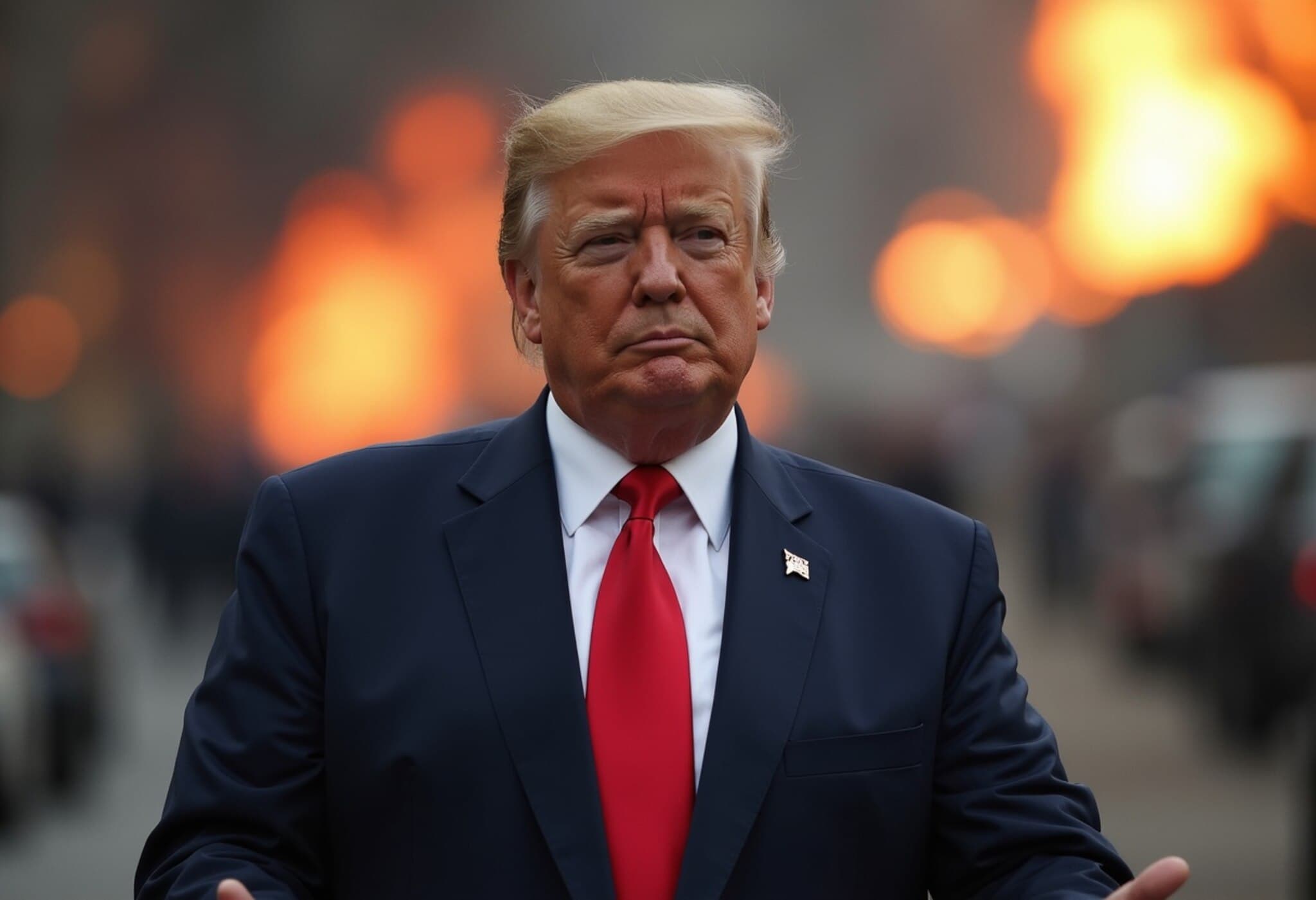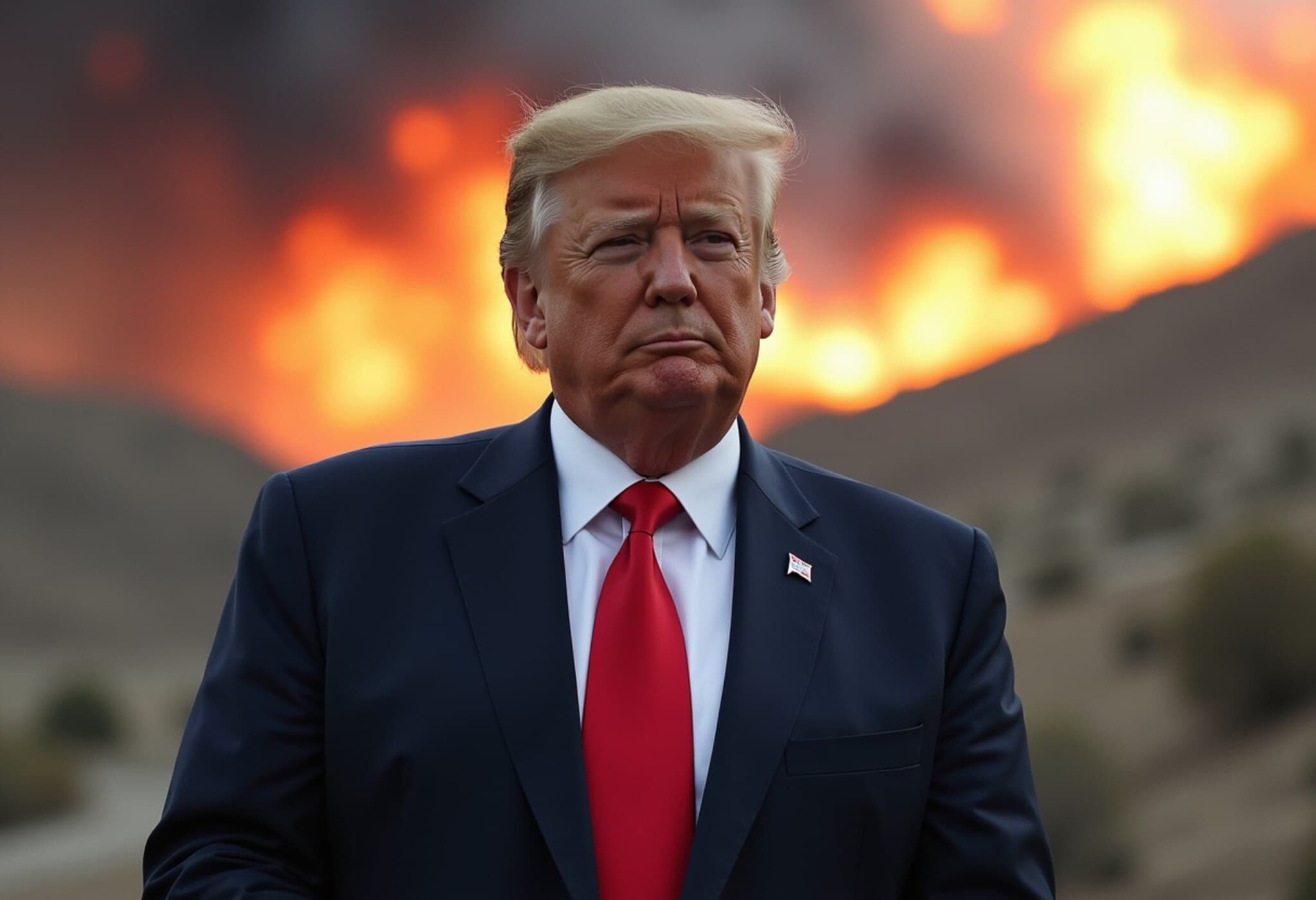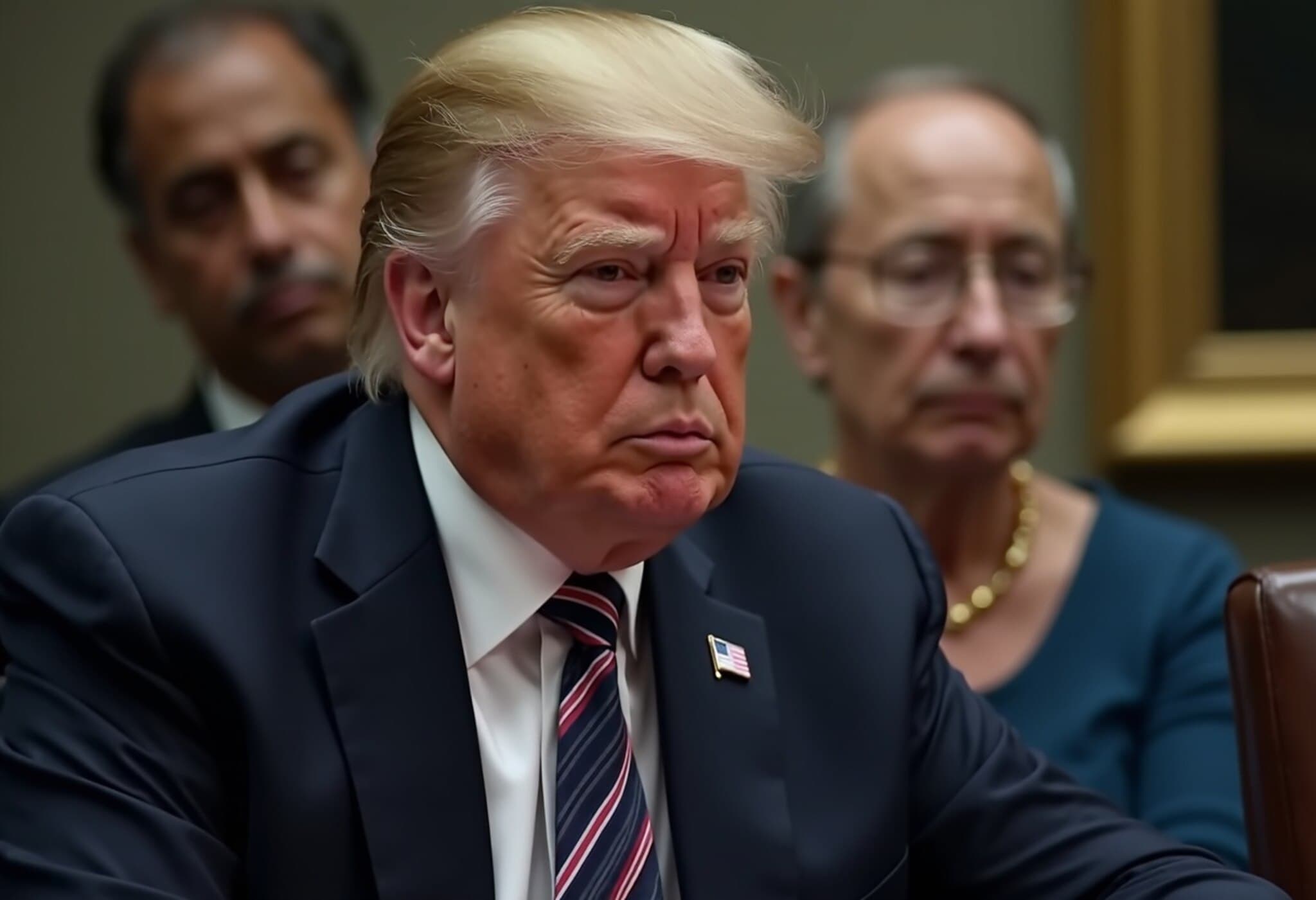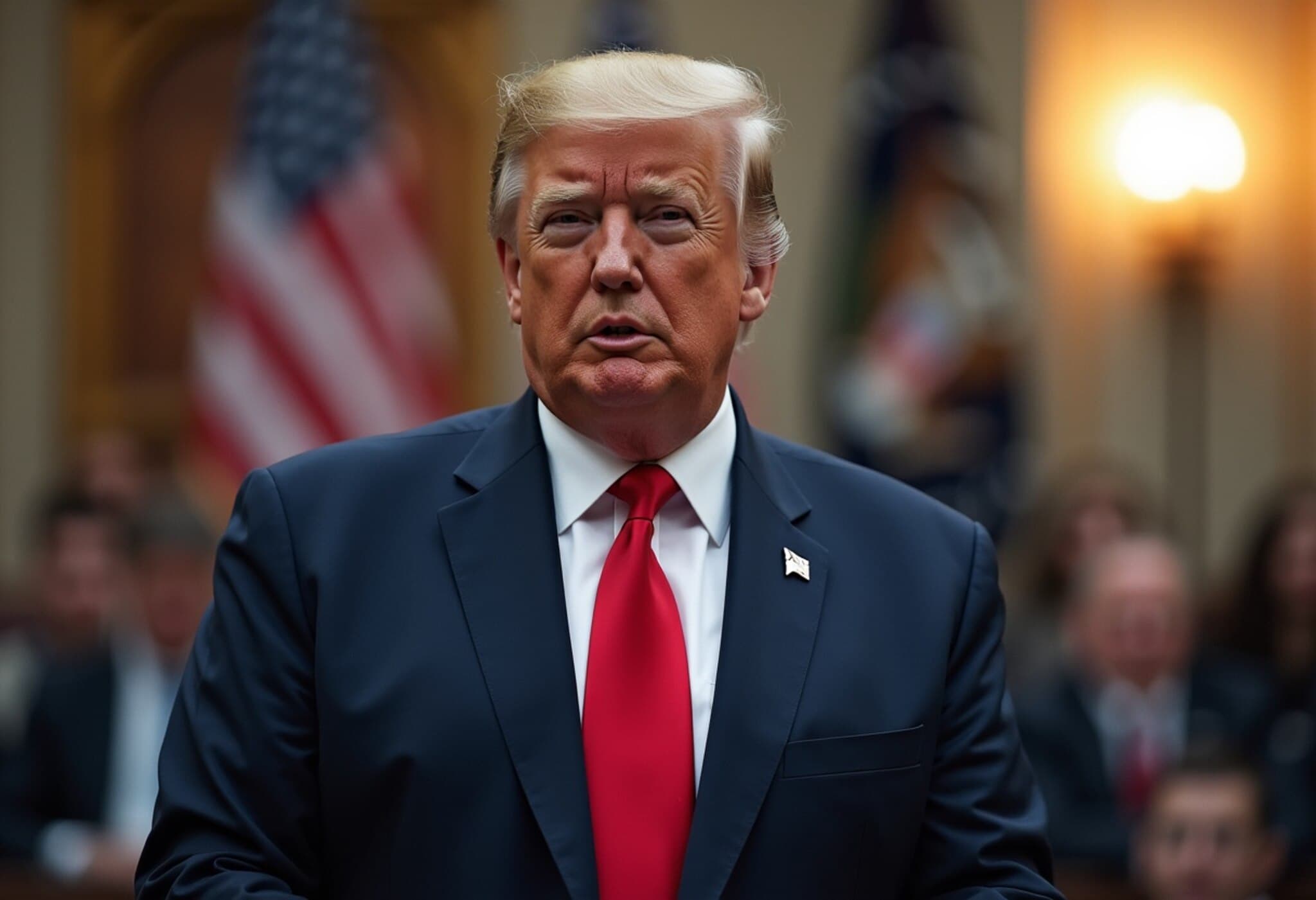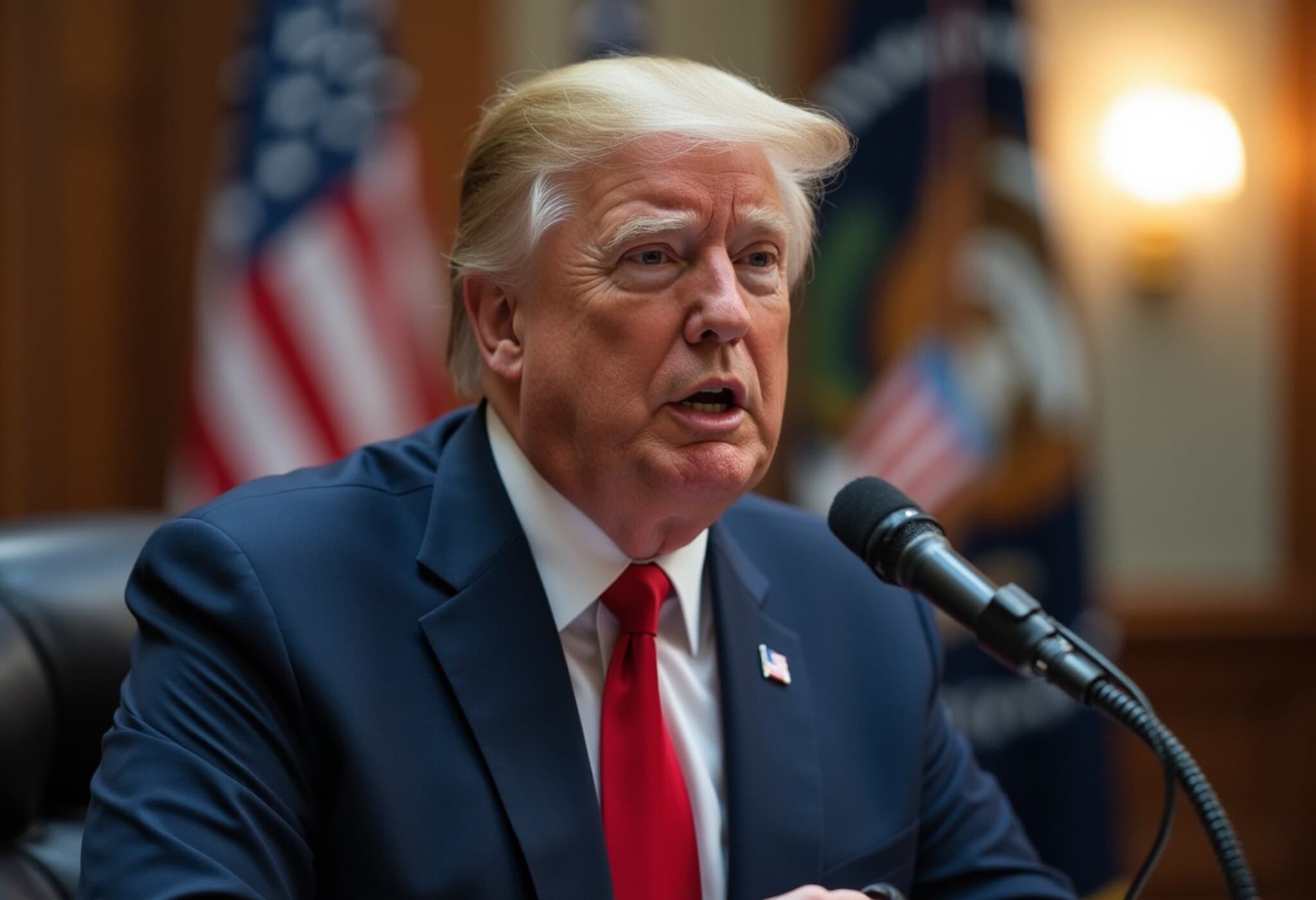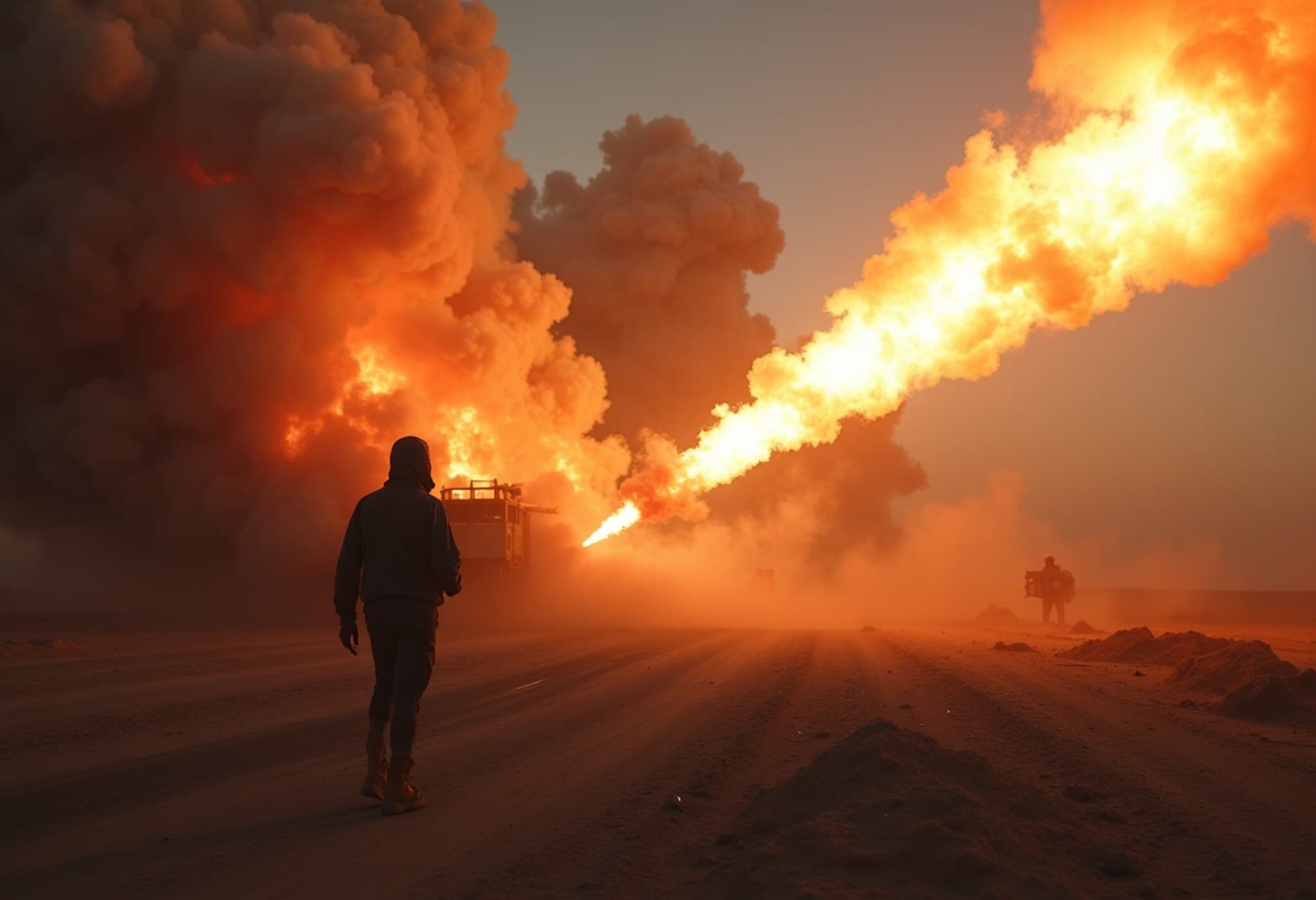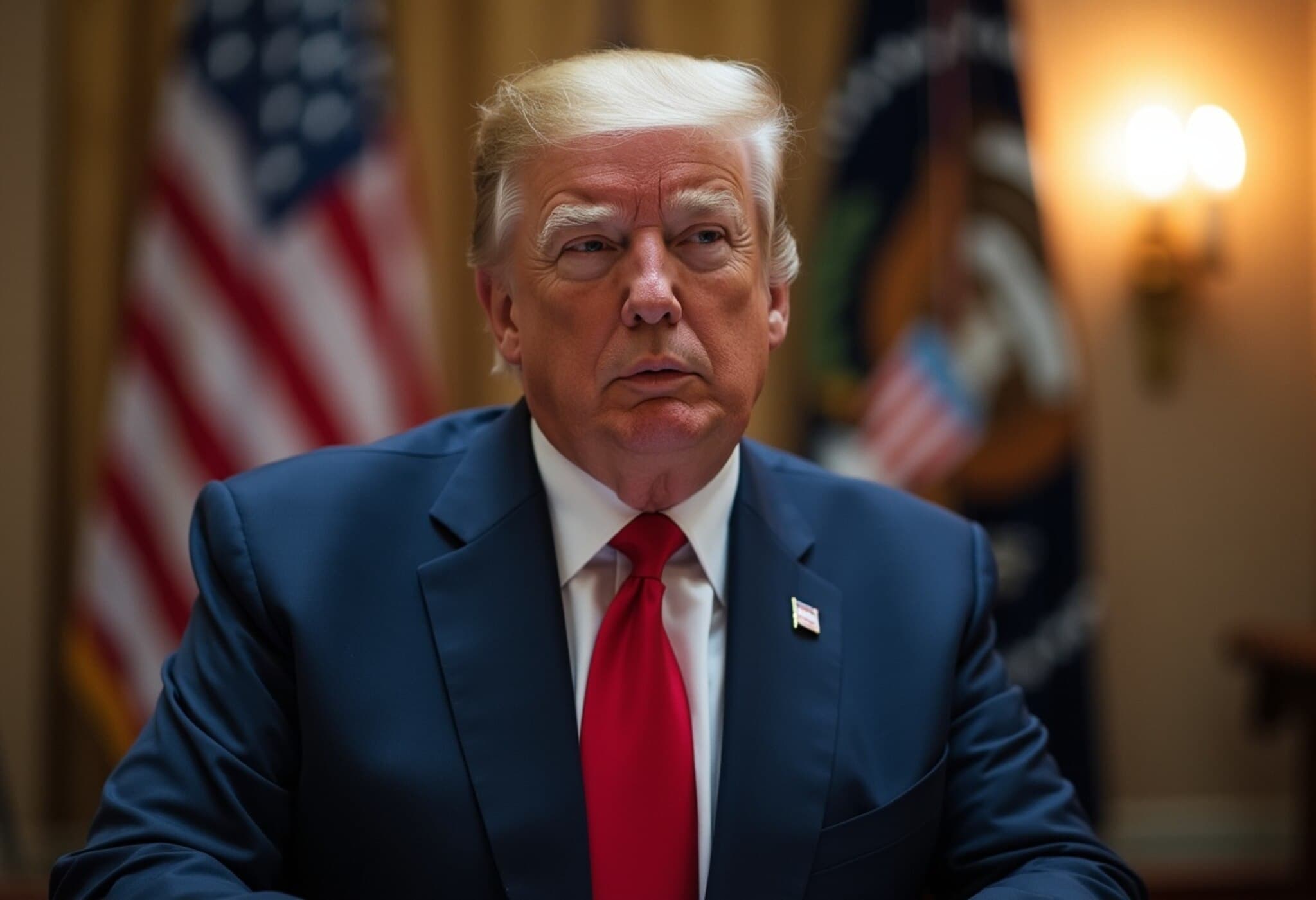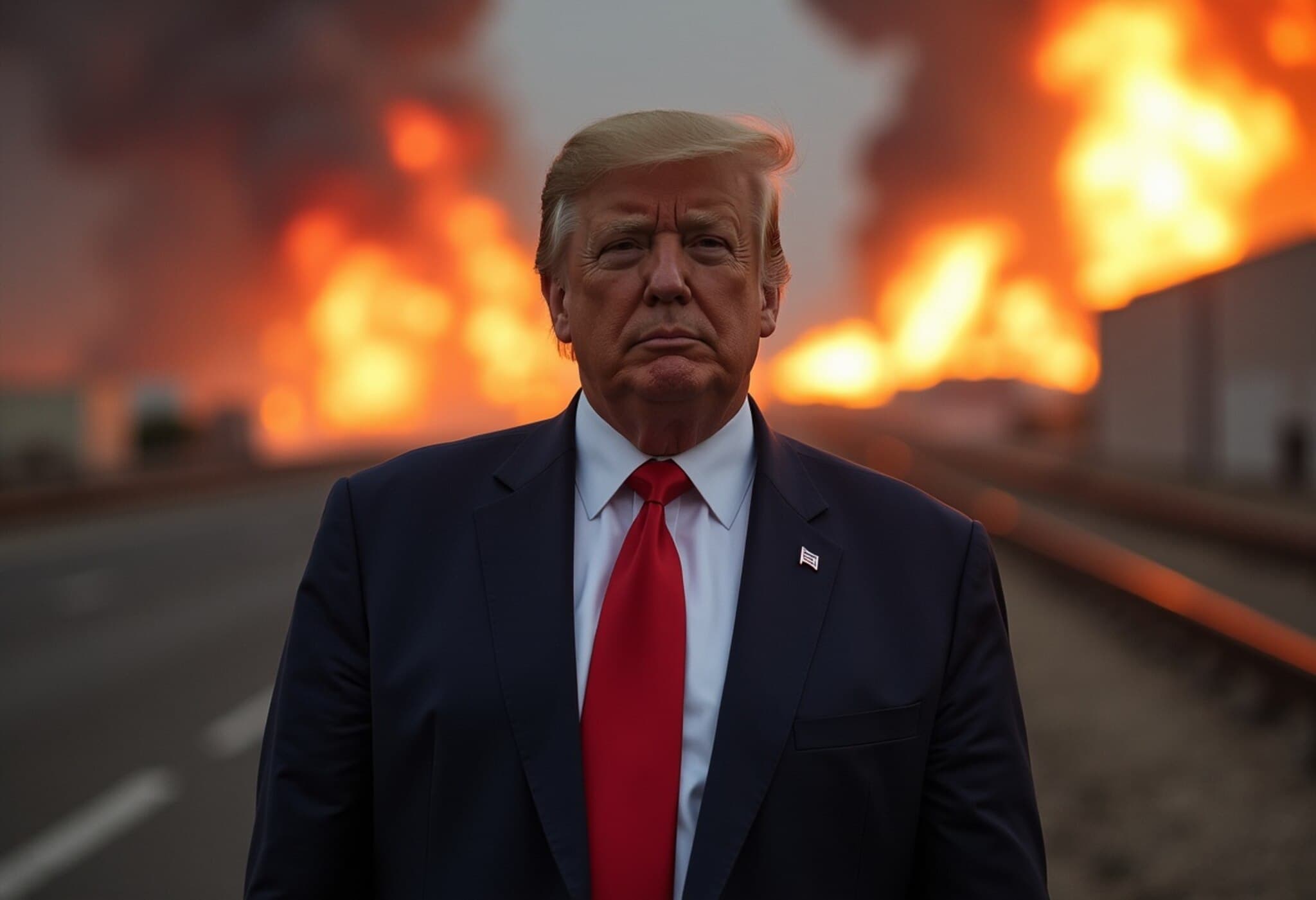Trump Criticizes Israel and Iran After Ceasefire Collapse
President Donald Trump expressed sharp frustration over the rapid collapse of a ceasefire he had previously brokered between Israel and Iran. The truce dissolved merely hours after it came into effect, prompting Trump to order Israeli warplanes to abort their planned bombing missions mid-flight, labeling any continuation as a "major violation."
“They Don’t Know What They’re Doing,” Trump Says
As he left the White House en route to the NATO summit in the Netherlands, Trump conveyed his exasperation, stating, “We basically have two countries that have been fighting so long and so hard that they don’t know what the f— they’re doing.” This blunt assessment underscores the deep-rooted and chaotic nature of the conflict.
Events Leading to the Ceasefire Breakdown
Israel accused Iran of initiating the ceasefire breach, reporting that two ballistic missiles were intercepted targeting northern Israel roughly two and a half hours after the truce began. However, Trump’s displeasure was directed squarely at Israel for the extensive bombing missions carried out before the official start of the ceasefire and for the scale of their retaliation during the breach.
Earlier, on Monday night, Trump had announced via social media that Israel and Iran had agreed to a full ceasefire, only to later express skepticism about both parties’ adherence to the agreement.
He told reporters, “I think they both violated it. I don’t think, I’m not sure they did it intentionally. They couldn’t reign people back. I don’t like the fact that Israel went out this morning at all, and I’m going to see if I can stop it.”
Escalating Hostilities in the Region
The tense atmosphere follows unprecedented U.S. military strikes targeting Iranian nuclear facilities — the first direct American attacks on Iranian soil. In retaliation, Iran launched a missile strike on a U.S. military base in Qatar, which hosts American troops. Although no casualties were reported, the exchange accelerated hostilities.
In the early hours of Tuesday, Israel reportedly conducted strikes on Tehran, which led Iran to respond with missile barrages that tragically killed four people in Israel. This escalation further complicated the fragile ceasefire.
Trump's Intervention and De-escalation Efforts
Trump reacted firmly on social media, warning Israel against continuing attacks on Iran, declaring such actions a “major violation” of the ceasefire. He ordered, “ISRAEL is not going to attack Iran. All planes will turn around and head home, while doing a friendly ‘Plane Wave’ to Iran.”
Following a phone conversation between Trump and Israeli Prime Minister Benjamin Netanyahu, the latter agreed to halt further strikes on Iran.
Trump told reporters about the call, “You gotta call back the planes. It’s enough. It’s enough. And they did, which I respect very greatly, so nobody was killed.”
Outlook on the Conflict
When asked about the possibility of renewed escalation, Trump expressed cautious optimism, saying, “I think they’re both tired of it… and Iran’s not going to have a nuclear weapon. I think it’s the last thing on their mind right now.”
The recent flare-up began in mid-June, with Israel launching strikes into Iran, causing deadly exchanges that have resulted in hundreds of fatalities on both sides. The conflict remains deeply entwined with regional tensions, especially considering Iran’s support for groups like Hamas and Hezbollah, and the ongoing war between Israel and Hamas since October 2023, which has tragically killed tens of thousands, primarily civilians, in Gaza.
Key Facts at a Glance
- Ceasefire breach occurred within hours of announcement.
- Four fatalities reported in Israel from Iranian missile strikes.
- Trump intervened to stop Israeli airstrikes mid-flight.
- The conflict has caused hundreds of deaths in Iran and Israel.
- Regional hostilities linked to broader tensions involving Hamas and Hezbollah.

